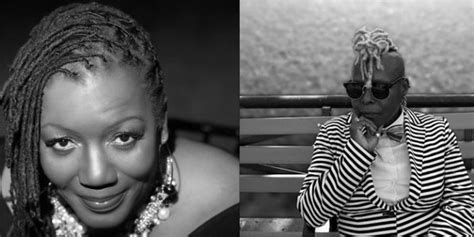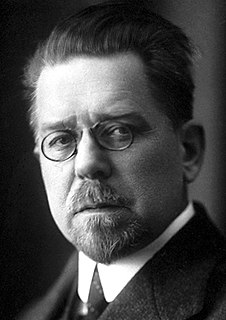A Quote by T. S. Eliot
In order to arrive at what you are not, you must go through the way in which you are not.
Related Quotes
To arrive where you are, to get from where you are not, You must go by a way wherein there is no ecstasy. In order to arrive at what you do not know You must go by a way which is the way of ignorance. In order to possess what you do not possess You must go by the way of dispossession. In order to arrive at what you are not You must go through the way in which you are not. And what you do not know is the only thing you know And what you own is what you do not own And where you are is where you are not.
A wound needs air in order to heal. We must talk about and expose those things which have hurt or harmed us in some way. Our wounds need nurturing care in order to heal. If we are to nurture and heal, we must admit that the wounds exist. We must carefully do what is necessary to help ourselves feel better.
It is all, as usual, paradox. I have to use what intellect I have in order to write books, but I write the kind of books I do in order that I may try to set down glimpses of things that are on the other side of the intellect. We do not go around and discard the intellect, but we must go through and beyond it.
The house has to be clean and in order because I have to be able to sift through the creative disorder in my mind. The mental disorder that I'm exploring has to bounce off the walls. It has to go in and out of different rooms. If the room is not in order, then I can't distinguish which is which, and that really drives me crazy.
In order to live, man must act; in order to act, he must make choices; in order to make choices, he must define a code of values; in order to define a code of values, he must know what he is and where he is – i.e. he must know his own nature (including his means of knowledge) and the nature of the universe in which he acts – i.e. he needs metaphysics, epistemology, ethics, which means: philosophy. He cannot escape from this need; his only alternative is whether the philosophy guiding him is to be chosen by his mind or by chance.
Some well-meaning Christians tremble for their salvation, because they have never gone through that valley of tears and of sorrow, which they have been taught to consider as an ordeal that must be passed through before they can arrive at regeneration. To satisfy such minds, it may be observed, that the slightest sorrow for sin is sufficient, if it produce amendment, and that the greatest is insufficient, if it do not.




































